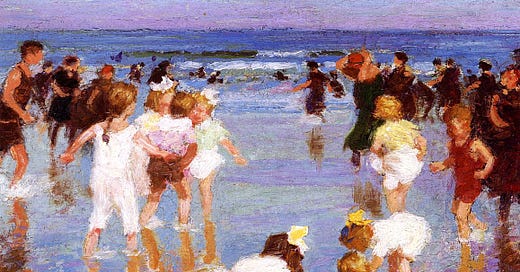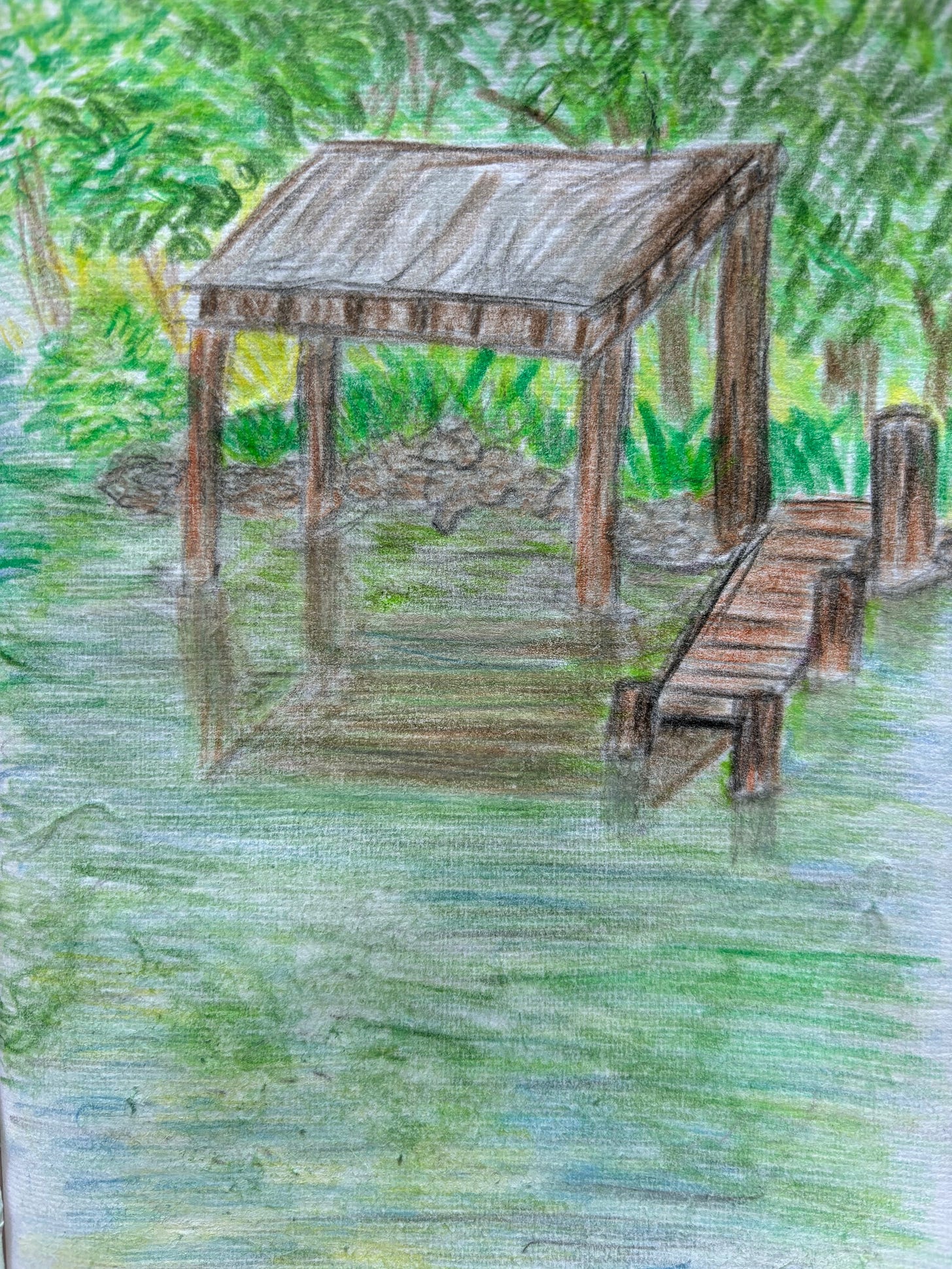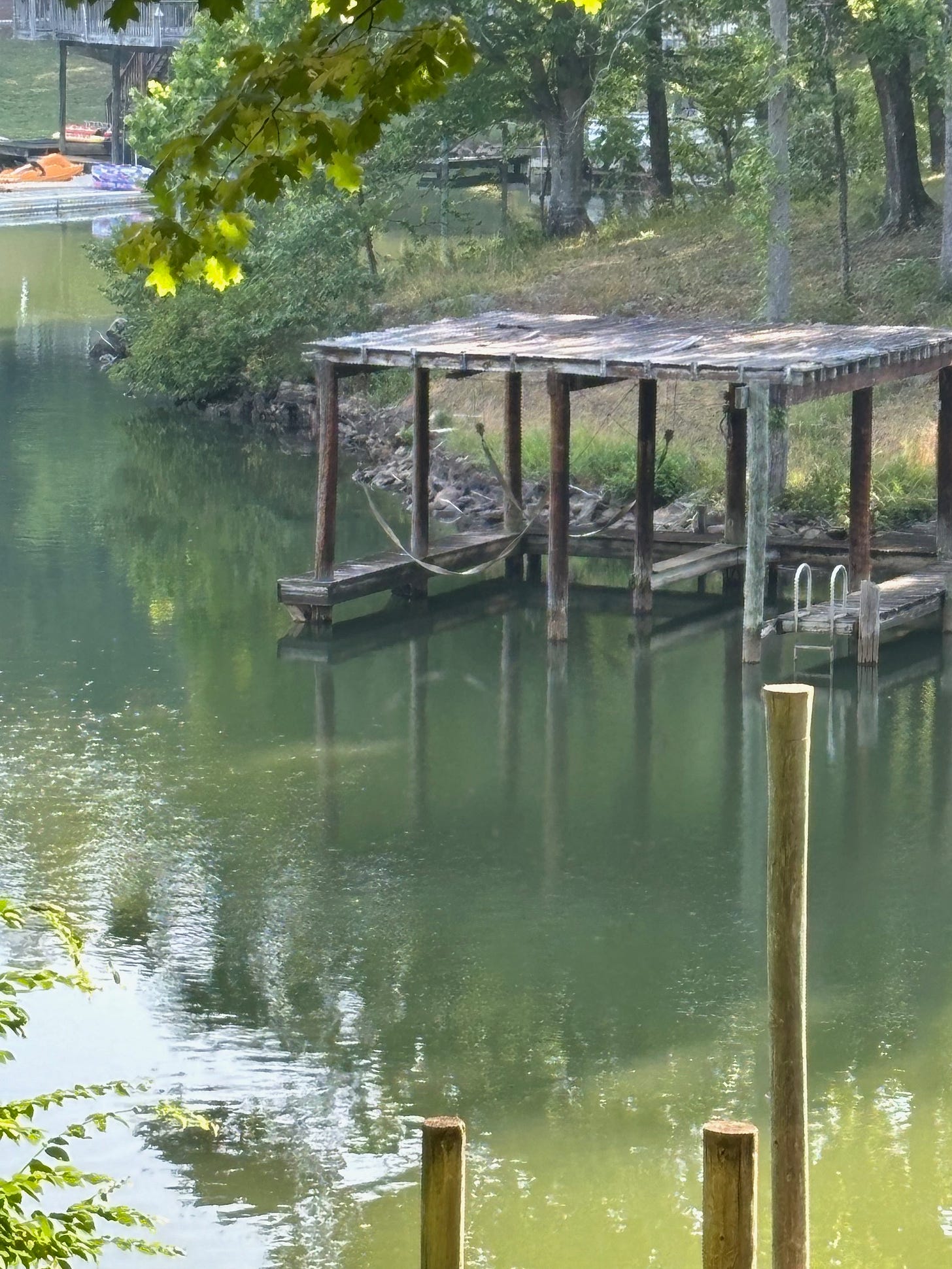
I’ve been thinking a lot about play lately. How I want to play more. Wondering why I don’t. Asking myself what it will take to flip that narrative. Wondering what the heck “playing” even looks like for me these days.
“The creation of something new is not accomplished by the intellect but by the play instinct.” -Carl Jung
In preparation for our first Cloud Cuckoo Land episode, I listened to several Anthony Doerr interviews where he described his process for beginning any new writing project. Doerr said all his stories begin as an extreme curiosity about something: walls, technology, maps, shells, Greek stories…. As he lets himself explore the rabbit hole of learning about whatever it is he’s fascinated by, he continually asks himself if there is a way to turn his curiosity into a story. This story-making then becomes both a way of playing with his particular curiosity, and a tribute—as a completed story—to that curiosity itself.
Listening to Doerr, I was reminded for the umpteenth time why “wasting time” to follow a curiosity, or engage in some “unuseful” activity is critical for my life as a creative writer. For, it’s here in the unuseful play—dithering around for its own sake—that I cultivate the rich compost essential for making new and beautiful things.
We don’t stop playing because we grow old; we grow old because we stop playing. George Bernard Shaw
The irony here is that my desire to play more is at least somewhat addled by my desire to produce more. I suspect this is an inevitable part of being an adult, and a particularly responsible one at that (ugh). I’m not sure what to do about this, other than confess it and move on. I mean, just looking at the cardinal outside my window, the shape of clouds, the smell of rain, show me that play is woven through creation. Sure, playing may lead to greater productivity. But the grand “reason” for play must ultimately be something more.
Man is most nearly himself when he achieves the seriousness of a child at play. Heraclitus
My husband has a theory that most of adulthood is an effort of trying to get back to who we were as children—a kind of present moment-ness and sheer delight in what we do and how we spend our days. I think this is similar to what Mihaly Csikszentmihalyi is talking about in his book, Flow, when one feels a deep enjoyment, creativity and total immersion with life. I also think of The Gift, by Lewis Hyde.
Behind both these books, as well as my husband’s theory, is this idea that every aspect of our lives—affections, inclinations, talents, vocations, relationships, on and on… —is a gift. The only true, good, and beautiful way to approach a gift is with deep gratitude and wide-open delight.
It seems to me, such a kind of delight-filled gratitude looks a lot like play.
Until this moment, I’ve never connected gratitude with play. Gratitude is a character trait I need to foster for combating a hardened spirit in tough times. It’s always felt like a duty, and—if I’m being honest—become cheapened by the word art phenomenon (attitude of gratitude anyone?)
Play is different. When I think of play I think of engaging in something for its own sake. No alterior motive, no felt need for earning something, or desire for achievement. It is to inhabit space and time fully and freely with all your self engaged.
But now when I put these two together: gratitude and play, I see how each one feeds the other. The ultimate form of gratitude when given a gift is to play with it. To spend time in play is to show great gratitude for the gifts you’ve been given—most of all the gift of your own life.
In this interplay of gratitude and play, I see echoes of the Hebrew word for peace: shalom—completeness, fullness, whole in every way.
Back to the beginning with play and creative writing: Every day, then, has the opportunity to be a day of play. This opportunity and ability I have to string words into sentences that make images and meaning is a complete and total gift. I am free to treat it with sheer gratitude and delight—a full involvement each day in the process: all of me showing up being, as the venerable George Saunders says, unapologetically me.
If I can find this way into play, it can’t help but find its way to the page. And then to my reader, I hope, as a gift and expression of gratitude.
Some day you will be old enough to start reading fairy tales again. C.S. Lewis
I’d love to hear what you think about this idea of play. How does play factor into your life? Do you make time to play? If so, how often? What do you do?
Do you think my husband’s theory on adulthood and play has traction?
What about my thought that play is an expression of gratitude? If you live with a particular faith tradition, do you think play is a form of worship? Do you think there is a connection between play, gratitude, and peace?
Finally, what about the role of play in our culture? Do you think play is important for the thriving of a society? Can it bring health to a culture? If so, how? Do you think we, Americans, play well?
So much to think and talk about with play!







This makes me think of the riddle in Cloud Cuckoo Land, “He that knows all that Learning ever Writ, knows only this?” When Aethon is trying to figure out the answer he asks himself “was it simple but actually complicated or was complicated but actually simple?” I wonder as adults we do this to play. Is play simple or complicated? Maybe it’s simple, and we make it complicated…
Chuck Swindoll said something along the lines of: 'Americans worship their work, play at their worship, and work at their play.' We are so utilitarian! Everything must be useful!
I like your thought that play is spiritual. We can't do it without trust that their is a good God who gives a good life and we are safe in Him, and that their is joy and beauty in the world, again, because of Him.